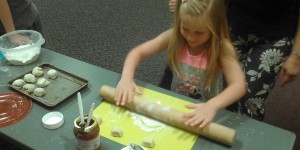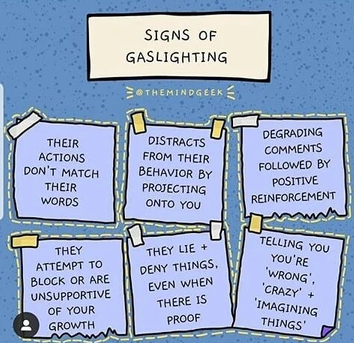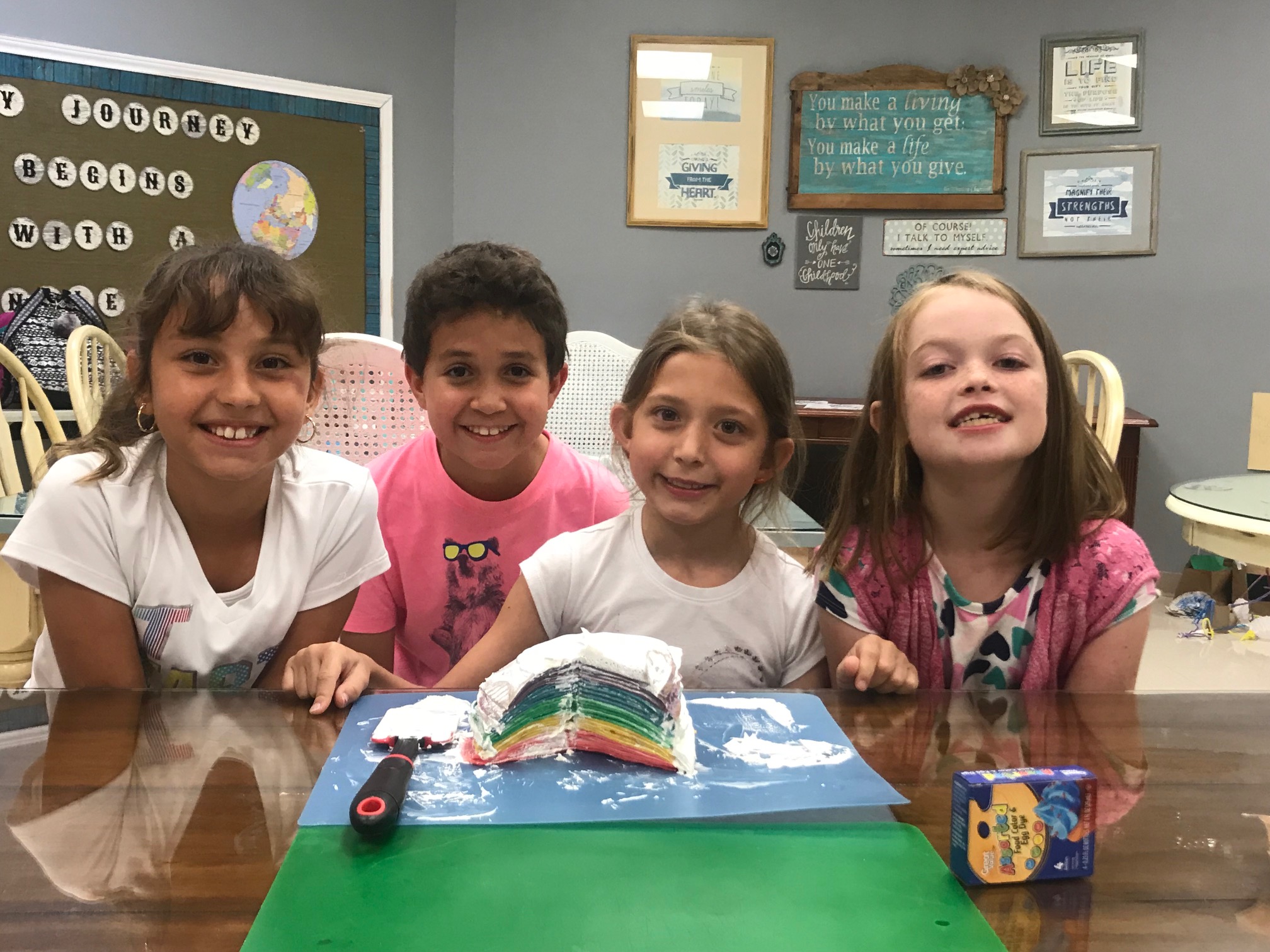Gaslighting is a manipulation tactic often used by “emotional abusers” to plant in your mind that your judgment, feelings and reality are questionable.
I’ve always disliked the manipulation, intimidation and coercion of other people.
When I was young, I did this kind of stuff to feel good about myself. I grew up, studied these weak character flaws, and stopped the behaviors. I’ve even apologized to those who I operated some of these techniques upon. Now that I am married, after being a widow, trust me, I share those experiences and apologies to people with my wife. Since social media has come into vogue, my writings are very heartfelt. The response from those who forgave me has been so sweet.
Abusers who operate “gaslighting” do so to gain control and power in a relationship. It’s a self-confidence problem. It’s also a way to control situations that could become unfavorable to the abuser.
In my case, I learned that the feelings of others and the world is so much bigger than “ME”. I even looked up at the sky, and would ponder its beauty and who made it. That I could be observed and my thoughts, actions and words could be recorded for future justice. However, in all of that, I found that “lovingkindness” is a powerful thing. It removes all reasons for “gaslighting”.
The techniques of gaslighting are motivated by the same thing which is control and making people second-guess themselves. Gaslighting is a huge indicator of “selfishness”. Where one viewpoint is more important than the other’s viewpoint.
People who gaslight don’t have much capacity to authentically make their point of view known. So they digress to mean forms of communication like gaslighting. A husband may try to convince his wife that she is losing her mind.
Some common gaslighting sayings are:
1. “That never happened.”
2. “You are too sensitive.”
3. “You’re crazy – and other people think so, also.”
4. “You have a memory problem.”
5. “I’m sorry you think that I hurt you.”
6. “You should have known how I would react.”
All of these phrases challenge one’s ability to present their viewpoint clearly. Thus the abuser starts the process of breaking down a conversation and attacking someone’s heart which creates a feeling of rejection, aloneness, anxiety, and distrust.
When one engages in relationships, it is up to that person to learn to communicate in a way that builds the relationship with those around them. Engaging in meaningful conversation without hurting, creating distrust, isolation and anxiety is very important.
The question comes up – – – What do I do about it?
Psychoanalyst Robin Stern makes an important point. “Depending upon how long you’ve been trapped in this toxic dynamic, it may be “excruciate difficult to pull yourself out.”
1. Become more self-aware. Knowing who you are and about yourself will give you something to stand on to “fend off” inaccurate statements from the abuser.
2. Pay attention to your gut feelings/intuition and common sense. Stay in touch with whatever you are feeling; don’t loos your emotional signals since they help identify clues not to ignore. Don’t just dismiss the feeling because someone else thinks you should.
3. Hold on to texts and emails. These are pieces of evidence that show confusion made by those who operate gaslighting. Keep notes to help you separate fact from fiction.
4. Consider calling out their behavior. Example: I am not over-sensitive, I am reacting to what I saw or heard. In most cases, the abusive behavior will not change. There has to be “an intention to change”.
5. Check in with a trusted friend, family member or therapist. See if they notice you behaving differently since you have been with this person.
Communication is an art. Art requires skills. Sometimes, we just need to get other people to help.
If a person who manipulates through gaslighting refuses to take responsibility for their thoughts, words or actions, that relationship is going to be hard and someone will get emotionally hurt. Minimize this with the use of your common sense.
The goal of this writing is to help bring words to the feelings you or someone that you know are having. If they just are not themselves anymore, it is a good indication that someone is operating gaslighting in their relationship.
Further information can be found through psychotherapist Beverly Engel, author of “The Emotionally Abusive Relationship”. Many therapists are learning how to speak up about gaslighting, but not enough to really break through in social stigma.
Need Help? National Dating Abuse Helpline in the U.S. is 1-866-331.9474 or text “loveis” to 22522.
More information can be found at www.LoveIsRespect.org
National Domestic Violence Hotline is 800799.7233 or online at www.TheHotline.org
Disclaimer: There are indeed situations where a partner or friend has mental health issues. Chefsville encourages abusers to “STOP” and get professional help. The prize is a loving, kind, and rewarding relationship that encourages, exhorts and fosters growth. There are also situations where chronic forms of selfishness, ego, stubbornness, inability to admit wrongs, or uncontrolled thinking are present. This writing assumes that there are no mental health issues or extreme willful behavior present.
Chefsville exists to reduce family violence, abuse and neglect. There is much abuse that happens in the kitchens. The kitchen used to be the command center of the family. Now it has in many cases degraded into a place where family abuse is conducted. The kitchen has become a place where kids are manipulated, intimidated and coerced. Let’s regain the kitchens to a place where love, trust and good communication are dispensed. The kitchen was always a place where family members could be built-up and encouraged. Retake your own kitchen! Let loving kindness reign in your kitchen with everyone.

 This allows for your input and to see your child(ren) feel comfortable with the task, and identify any barriers you want to address to help them overcome if they bring up obstacles keeping them from being successful with a kitchen skill.
This allows for your input and to see your child(ren) feel comfortable with the task, and identify any barriers you want to address to help them overcome if they bring up obstacles keeping them from being successful with a kitchen skill.












